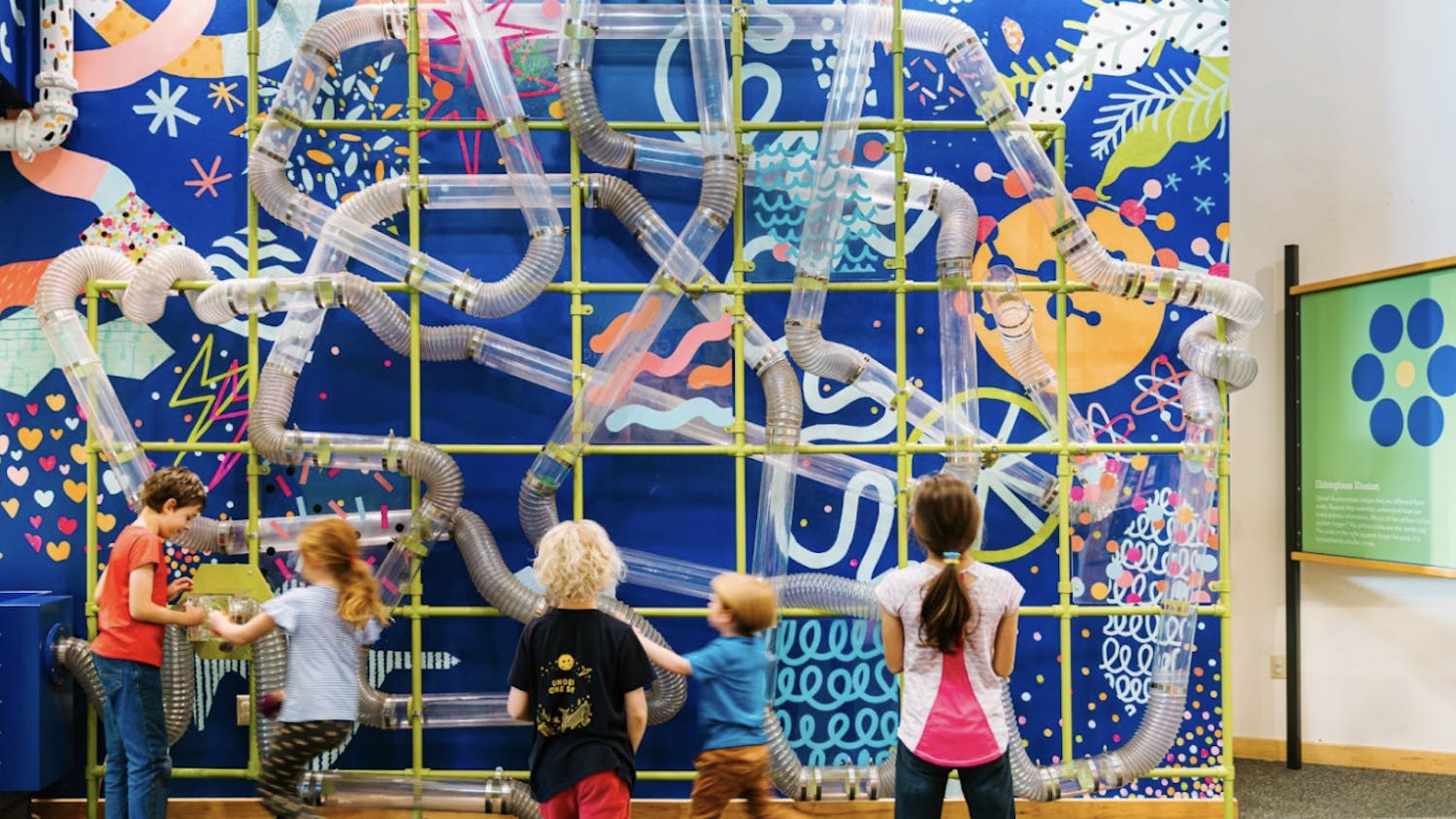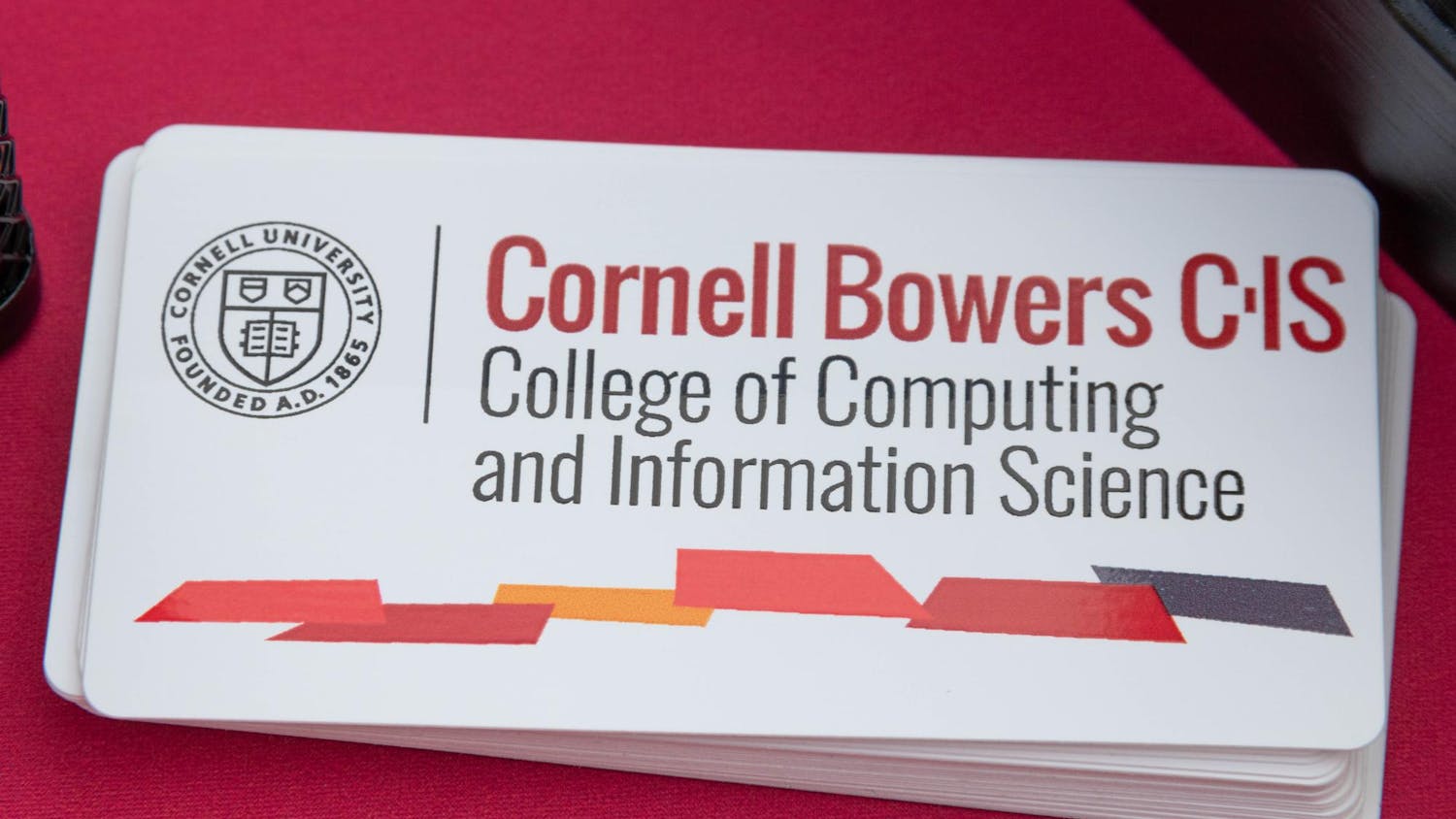Genetically Modified Organisms have been a topic of much controversy, even though they have been transforming the way we produce and consume food. Cornell is now offering a Massive Online Open Course on EdX, called ‘The Science and Politics of GMO’, to help students understand why “the GMO is politically contentious.”
Starting September 13, 2016 this five week interdisciplinary course will provide an introduction to genetic engineering and biotechnology in the context of GMOs and help study the politics of GMO at both an individual and a societal level, according to the course website.
The course is taught by professors across disciplines,and that is what makes it unique. Prof. Sarah Evanega, plant breeding and genetics, Prof. Ronald Herring, government, Prof. David Just, Charles H. Dyson School of Applied Economics and Management, Jaron Porciello, Associate Director, Research Data Engagement and Training in International Programs and Rebecca Harrison, grad come together to comment on and explain this issue in a multifaceted manner.
Just rightly describes the course as a “marriage of science and social science.”
“The GMO issue consists of a new technology with great promise, and the social movements and consumer reactions to that new technology,“ he said. “A full perspective can only be gained by understanding both the hard science that informs us about technology and the social science that informs us about the controversy.”
Since there are “unprecedented challenges” facing the world today, Evanega said, it is important to understand if GMOs have a role to play in these challenges.
“We need to understand both the risks and the possible rewards of GMOs,” she said.
She also emphasised the practical skills taught in the course, and said that students will learn to understand how their choices as individuals affect society.
“Through an exploration of “The GMO,” students will gain a deeper understanding of how science works, how to evaluate the quality of data; principles of social psychology as applied to politicized scientific controversies; and how to connect their values to positions based on evidence,” she said.
Just finds consumer behavior regarding GMOs fascinating. Consumers are presented with familiar foods that have been changed in some way by an unfamiliar process, and consumer reaction to this unfamiliarity is worth studying.
“This unfamiliarity creates the opportunity for biases in the way people assess food safety and environmental risks,” said Just. “More importantly, often the direction of the bias depends heavily on who benefits the most from the GMO — often leading to widely conflicting views on safety.”
Harrison explained why, due to its history, Cornell has a voice on the issue.
“Cornell has a long and controversial history in its role in the development of GMOs, which makes it a bit of a lightening rod on this topic,” she said. “However, from my perspective as a graduate student studying these issues, it also means we are in the perfect place to really pull the issue apart.”
Because GMOs are a controversial topic, Evanega said that the course focused on equipping students with tools to critically analyze this and other issues.
“This course is important not only in helping people navigate the confusion around GMOs but [also] offers course participants information literacy tools that they can apply to better understand other controversial areas in science.”
edX is a nonprofit, open-source learning destination offering online courses from more than 100 member institutions, composed of both leading global universities, and colleges and a diverse group of prominent organizations from around the world.

Cornell Offers Online Course on Genetically Modified Organisms
Reading time: about 3 minutes
Read More










